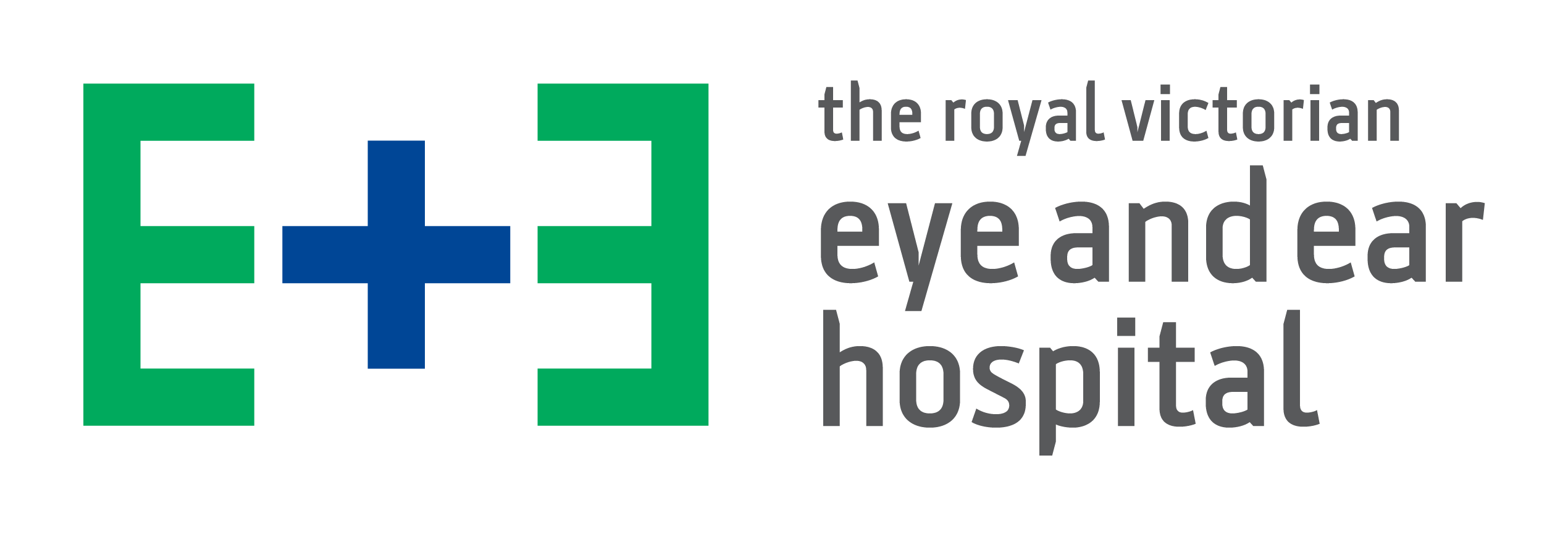The neuro-ophthalmology clinic assesses and manages rather complex patients with neurological visual disturbances. Examples of the more common disorders seen in the clinic include optic neuritis (frequently related to multiple sclerosis), temporal arteritis, idiopathic intracranial hypertension and ocular myasthenia as well as a range of other neurological conditions causing visual disturbances including double vision. The neuro-ophthalmology clinic is frequently asked to consult on patients with unexplained visual loss after extensive evaluation in other ophthalmology clinics at the hospital.
